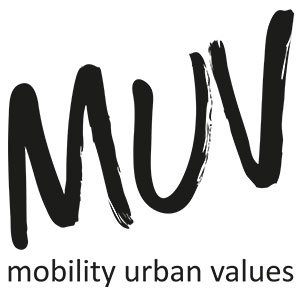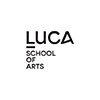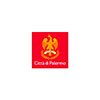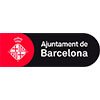
Keep up to date with our innovative initiatives.
Sign up here

Started at: 01-06-2017
Ends on: 31-05-2020
Budget: € 3,992,625
Areas: Living Labs & Digital Social Innovation / Open Big Data
MUV – Mobility Urban Values – is a Research and Innovation Action funded by the European Commission under the call Horizon2020 MG-4.5-2016. Rather than focus on infrastructures, it raises citizen awareness on the quality of the urban environment where they live in order to promote a shift towards more sustainable and healthy mobility choices.
The MUV system will result from the combination of behavioural change techniques, new technologies, data science and co-design approaches. The solution will include a mobile app tracking users’ daily routes and assigning points for sustainable behaviours and a network of sensing stations designed by the makers’ community. Urban commuters, from a set of six diverse urban neighbourhoods spread across Europe, will co-create and then test different game dynamics and their achievements will be rewarded by a network of local businesses that will benefit from the advertising provided by the MUV platform.
Mobility and environmental data gathered via the mobile app and the monitoring stations, all released as Open Data, will allow policymakers to enhance planning processes and civic hackers to build new services able to improve cities’ quality of life in a more effective way.
The MUV solution will be open, co-created with a strong learning community of users and stakeholders and piloted in six different European neighbourhoods: Buitenveldert in Amsterdam, Sant Andreu in Barcelona, the historic district of the Portuguese county of Fundao, Muide-Meulestede in the harbour of Ghent, the new area of Jätkäsaari in Helsinki and the area of Centro Storico in Palermo.
MUV builds on the experience of trafficO2, an Italian research-action project co-funded in 2012 by a grant from the Italian Ministry of Education, University and Research and carried out by PUSH – MUV’s Project Coordinator – in the city of Palermo in the last three years. The trafficO2 experimentation, involving 2.000 students of the University of Palermo and a network of 100 local businesses, showed a reduction of the carbon emissions associated to the active users of more than 40%.















This project has received funding from the European Union’s Horizon 2020 research and innovation programme under grant agreement No 723521.